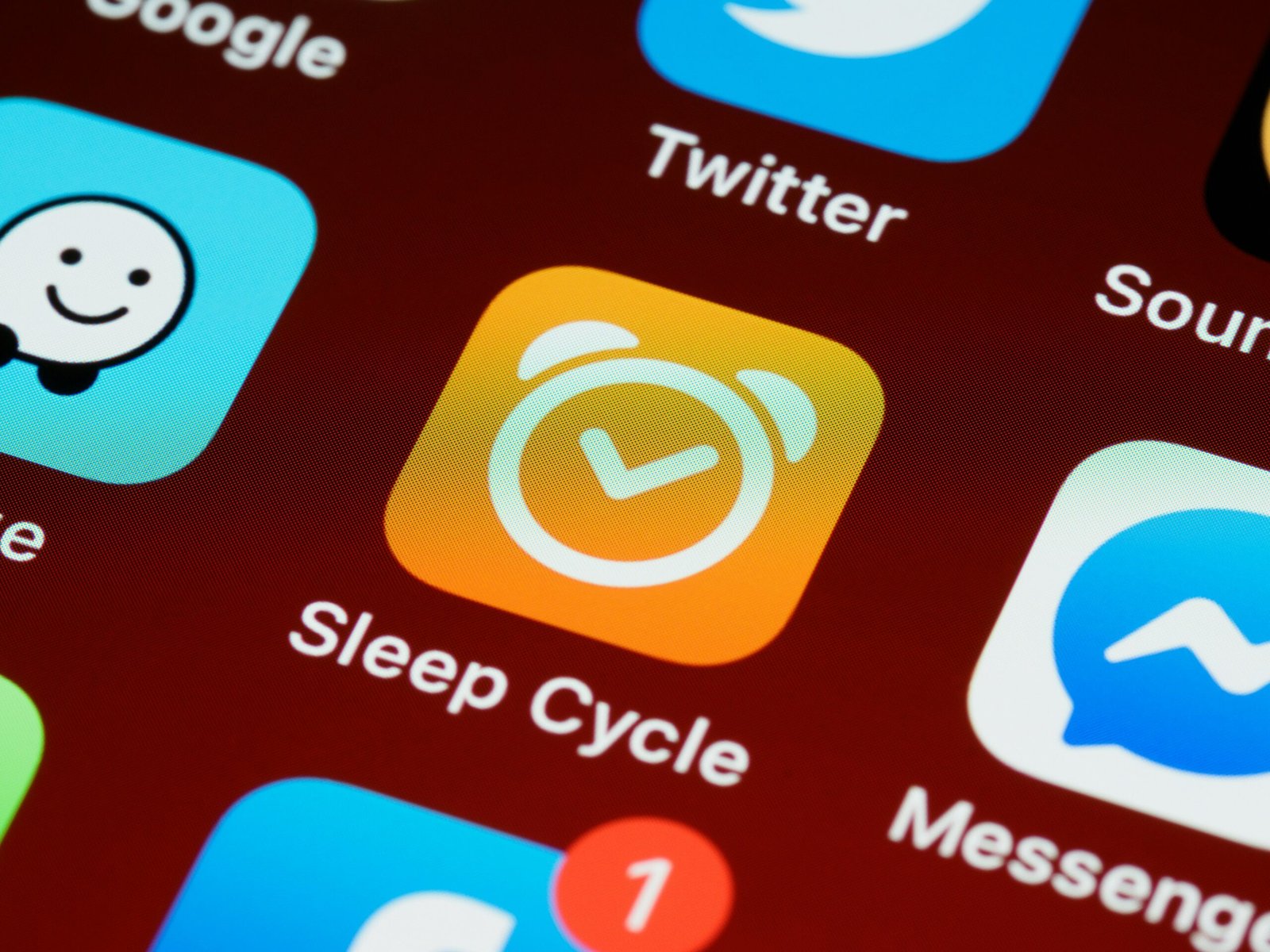Understanding the Importance of Sleep for Mental Health
Sleep plays a crucial role in maintaining optimal mental health, particularly for UK military veterans who often face significant psychological challenges such as post-traumatic stress disorder (PTSD), anxiety, and depression. Research consistently demonstrates a strong correlation between sleep quality and mental well-being. Veterans experiencing poor sleep may find their mental health deteriorating, as inadequate rest can intensify the symptoms of pre-existing conditions or contribute to the development of new mental health issues.
Statistics underscore the relationship between sleep and mental health among veterans. Studies suggest that approximately 70% of veterans with PTSD also suffer from sleep disorders, highlighting the vital need for interventions aimed at improving sleep quality. Furthermore, the NHS has noted that veterans are at a higher risk of experiencing anxiety disorders, which can be compounded by sleepless nights. Sleep deprivation can hinder emotional regulation, impair decision-making abilities, and reduce resilience to stress, all of which can aggravate the mental health struggles often faced by those who have served in the military.
Experts recommend that veterans prioritize their sleep as an essential component of mental health care. Simple changes to sleep hygiene, such as adjusting the sleep environment, maintaining a consistent sleep schedule, and utilizing relaxation techniques, can lead to substantial improvements. Additionally, the integration of sleep apps, designed to improve sleep quality by tracking patterns and offering tailored advice, can be an innovative tool for veterans seeking to enhance their overall well-being. By recognizing the importance of sleep and actively working to improve it, veterans can pave the way for better mental health outcomes and a more fulfilling life.
Popular Sleep Apps for Better Rest
In recent years, various sleep apps have emerged that can significantly benefit UK military veterans seeking improved mental health through better sleep quality. These applications provide tailored features to address the unique challenges veterans face, such as anxiety, insomnia, and heightened stress levels.
One highly regarded app is Calm, which offers a comprehensive selection of guided meditations, sleep stories, and relaxation techniques. Its specific focus on mental well-being makes it an ideal choice for veterans looking to establish healthier sleep patterns. User testimonials frequently highlight the calming effects of both the guided sessions and sleep aids, which foster a serene environment conducive to rest.
Another notable option is Headspace, which specializes in mindfulness and meditation. Headspace includes dedicated modules aimed at improving sleep quality, such as focusing on breathing techniques to help users unwind. Many veterans have shared positive feedback regarding the transformative impact of these sessions in alleviating nightly stressors and promoting sound sleep.
Sleep Cycle is also advantageous as it integrates sleep tracking technology to provide insights into sleep patterns. This app enables users to wake up during lighter sleep phases, resulting in a more refreshed and alert start to the day. Testimonials suggest that the data generated helps veterans identify trends and make adjustments to their nightly routines, which can contribute to deeper and more restorative sleep.
Lastly, Pzizz combines soothing sounds and voiceovers to guide users into a state of relaxation. It is widely recognized for its effectiveness in helping with sleep onset. Reviews from veterans emphasize the positive effects on both falling asleep and staying asleep throughout the night, underscoring its potential as a practical tool in combating sleep difficulties.
Each of these applications offers valuable resources designed to assist UK military veterans in their quest for better rest and mental well-being. With the appropriate sleep app, veterans can navigate their sleep challenges and work toward a more restful night’s sleep.
How to Choose the Right Sleep App for Your Needs
Selecting the appropriate sleep app can significantly enhance your rest and overall mental health. With numerous options available, it is essential to evaluate key factors that align with your personal preferences and requirements. First, consider the app’s ease of use. A user-friendly interface allows for a smoother experience, ensuring that you can navigate through the features without hassle. Look for apps that offer tutorials or guides to help you familiarize yourself with their functionalities quickly.
Next, examine the specific features that may be beneficial for your individual circumstances. For instance, veterans or individuals with particular sleep disorders may require features such as guided meditations, relaxation techniques, or sleep tracking capabilities. Some apps may also include community support forums or resources tailored specifically for those struggling with sleep issues related to past experiences or trauma. Having such targeted features can enhance the app’s effectiveness and improve your overall sleep quality.
Additionally, consider the app’s subscription model. Some apps offer free versions with limited access to features, while others may require a fee for premium services. Evaluate your budget and the value you place on the additional features before making a choice. Furthermore, ensure that the app is compatible with your existing devices, such as smartphones, tablets, or wearable technology, to seamlessly integrate it into your daily routine.
Finally, setting realistic goals for your sleep app usage is crucial. Aim to establish a consistent sleep routine, utilizing the app as a tool rather than relying solely on it for better rest. Integrating the app into your daily habits can maximize its effectiveness, allowing you to monitor progress and make adjustments as needed. By personalizing your approach and considering these factors, you can find the right sleep app that meets your unique needs for improved mental well-being.
Beyond Apps: Additional Strategies for Improving Sleep
While sleep apps can play a significant role in enhancing sleep quality, there are numerous complementary strategies that can further foster restorative sleep. Establishing a consistent bedtime routine is a vital first step. Engaging in calming activities, such as reading or gentle stretching, signals to the body that it is time to wind down. A predictable schedule helps regulate the body’s internal clock, making it easier to fall asleep and wake up at the same time each day.
Reducing screen time prior to bedtime is another crucial practice. The blue light emitted by smartphones, tablets, and computers can interfere with melatonin production, making it harder to fall asleep. A good rule of thumb is to refrain from using electronic devices at least an hour before bedtime. Instead, consider opting for activities that promote relaxation, such as journaling or listening to soothing music.
Creating a sleep-conducive environment is also essential for achieving quality rest. This includes ensuring a dark, quiet, and cool bedroom, which can play a significant role in promoting undisturbed sleep. Consider using blackout curtains, earplugs, or white noise machines to minimize disruptions. Moreover, investing in a comfortable mattress and bedding tailored to individual preferences can enhance the overall sleep experience.
Practicing relaxation techniques can further augment sleep quality. Techniques such as deep breathing exercises, meditation, or progressive muscle relaxation can reduce anxiety and stress, making it easier to transition into sleep. Veterans may find specific methods that resonate with their experiences, promoting a sense of calm and reassurance before bedtime.
If sleep issues persist despite implementing these strategies, seeking professional help is advised. Mental health professionals can offer tailored support and interventions to address underlying problems, ensuring that individuals receive the comprehensive care they need for improved well-being.






